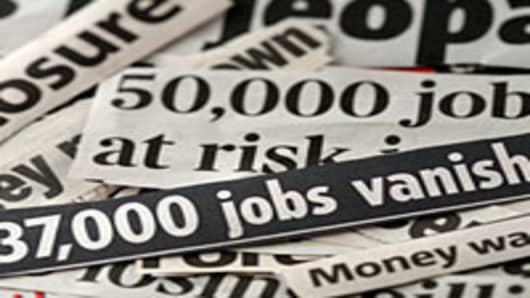Despite strong manufacturing data out of the U.S., one economist says the economy has a high chance of slipping back into recession in the second half of 2012.
In the United States, the manufacturing sector grew at its fastest pace in seven months in January as new orders improved, but Jim Walker, Founder and Managing Director of independent research firm, Asianomics, told CNBC that the U.S. economy is going to face a slowdown this year owing to fiscal tightening.
"There's going to be a significant slowdown in fiscal expenditure in the U.S., they're going to have to control the fiscal side much more as the year goes on," he said.
On Wednesday, the U.S. House of Representatives voted overwhelmingly to freeze wages for federal civilian workers until 2013, a move that will save taxpayers $26 billion.
According to Walker, pullbacks in government spending will cut between 1 and 1.5 percent from U.S. GDP in 2012. Walker also believes corporate investment is likely to slow after the federal depreciation allowance expired at the end of 2011.
In a report for clients released in December, Walker said there was a 55 percent chance of a U.S. recession. He also argued that U.S. consumers were due for another "period of reckoning", despite improving consumer confidence and spending numbers.
He listed a litany of reasons: "Home prices are still falling (on a mild deflation path), equity prices are still off their highs of the year, household credit outstanding is still contracting, real hourly compensation growth is still negative, employment growth is still sub par – and up until November – consumer confidence was fast approaching the recession lows of 2008."
Walker is much more bearish on Europe, which he says is destined for a recession, with GDP contracting 2 to 5 percent in 2012. He expects further monetary easing from global central banks, which he says will boost precious metals, most notably silver. But he says investors should short the Euro and avoid industrial metals such as copper, which will suffer from a global downturn.



